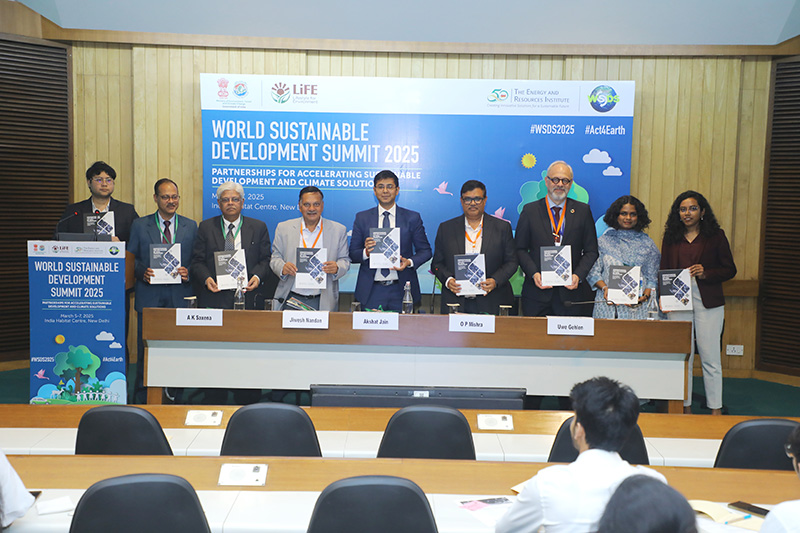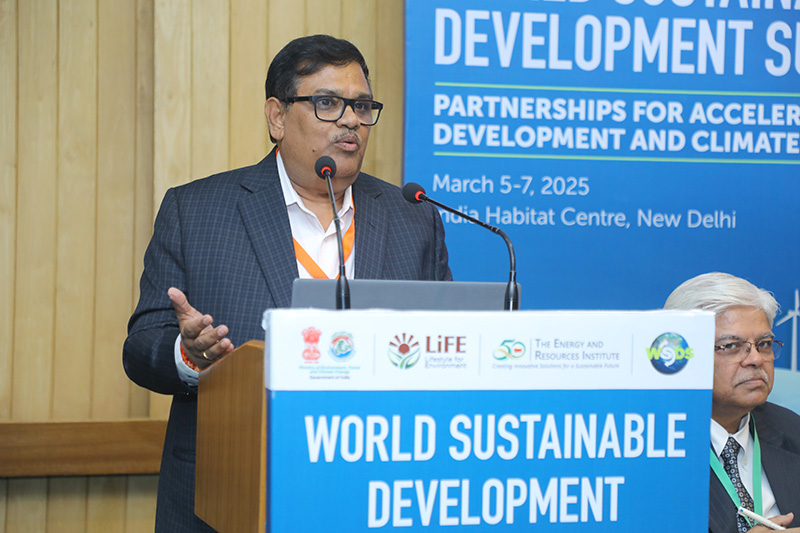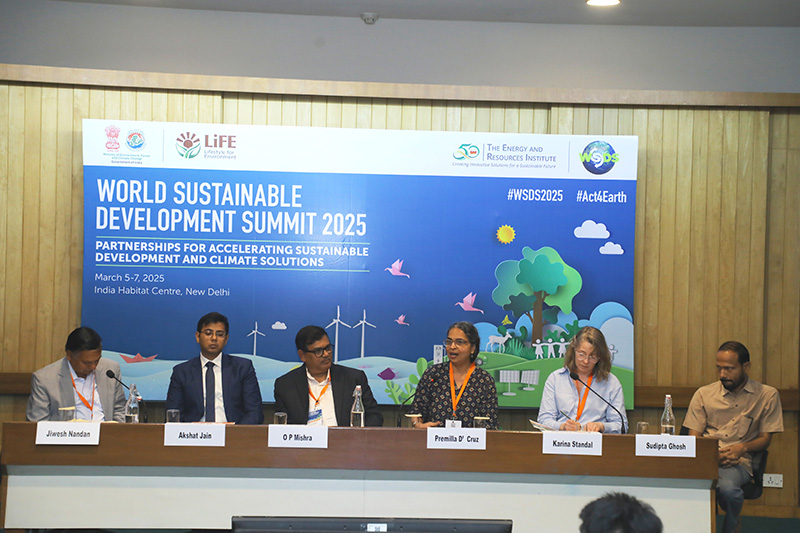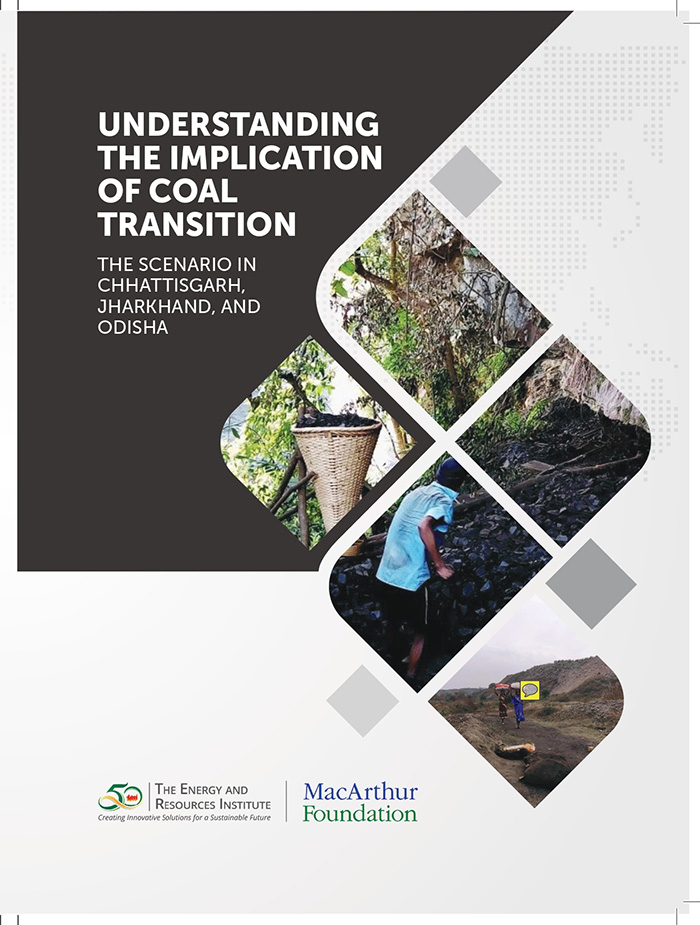WSDS 2025 Thematic Track - People-centric transition for energy equity
On 5th March 2025 | 1130 hrs - 1300 hrs
The global energy landscape is undergoing a profound transformation driven by the dual imperatives of addressing climate change and ensuring universal access to sustainable energy. However, this transition must prioritize equity, ensuring that its benefits and burdens are distributed fairly. A people-centric approach is essential to achieve an energy transition that is inclusive, equitable, and responsive to diverse societal needs.
India being one of the largest producers of coal – a significant contributor to global carbon emissions, is doubly challenged by its increasing energy demands and domestic energy security needs as well as its effort of diversification to meet the decarbonisation goals. Currently coal accounts for more than 70% of India’s electricity generation and is the dominant fuel source in the country. In this context, energy equity becomes a significant goal to ensure a fair, inclusive and equitable people-centric transition.
Energy equity revolves around the fair distribution of energy resources, access, and benefits among all societal groups. Despite global advancements in renewable energy technologies, disparities persist. Additionally, those most vulnerable to the impacts of climate change often have the least capacity to adapt. A people-centric energy transition emphasizes the inclusion of these voices, ensuring that energy solutions are not only sustainable but also socially just.
India, it its G20 Presidency in 2023 categorically articulated its collective commitment towards a sustainable, inclusive and just transitions to build a better future. This collective commitment demands a deeper reflection on where India stands with regards to opportunities and challenges to just energy transition in the country such that the nation achieves its goal of sustainable economic growth.
The thematic track on Just Transition assumes significance as this lens offers an insightful understanding about how one takes a systemic and people-centric view of energy, climate and development considerations while diversifying to a newer and cleaner economy.
The intent of this thematic track is to deliberate on alternative people-centric approaches to economic diversification using the ‘Just Transition’ lens and elicit varied views of the participants from government, businesses, think tanks, academia and civil society in order to create a larger knowledge landscape for further reflections.
Key questions the thematic track aims to address:
i. What role can decentralized renewable energy systems play in bridging the energy access gap in rural and remote areas?
ii. How can local communities be empowered to take ownership of energy projects and contribute to their long-term sustainability?
iii. What innovative financing mechanisms can be introduced to make clean energy technologies more accessible and affordable for low-income households?
iv. How can governments ensure that energy transition policies address the needs of marginalized and underserved communities effectively?
v. Given the demographic and cultural diversity of communities in coal mining regions how does one examine the effectiveness of a people-centric approach while aiming at diversifying local economy?




